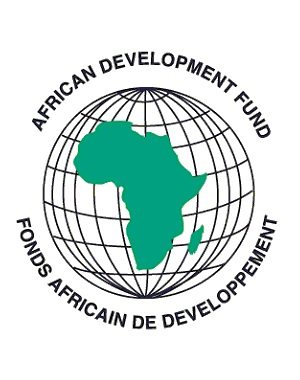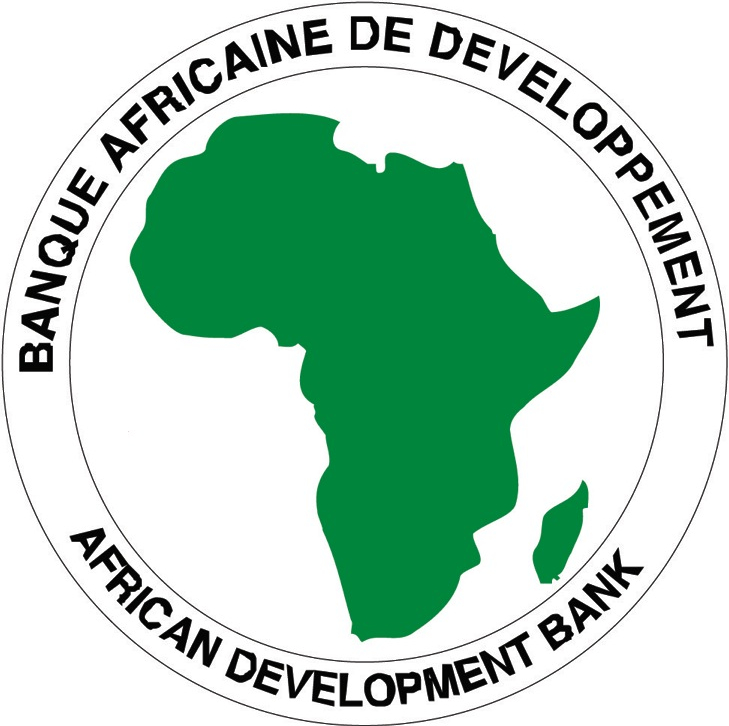Community / Land projects / Multinational - Drought Resilience and Sustainable Livelihoods Programme in the Horn of Africa III
Multinational - Drought Resilience and Sustainable Livelihoods Programme in the Horn of Africa III

€8711358.75
11/15 - 12/24
Actif
This project is part of
Implementing Organisations
Donors
Data Providers
General
The Drought Resilience and Sustainable Livelihoods Program (DRSLP) is a regional investment operation designed to address the root causes of the Greater Horn of Africa's (GHA) vulnerability. It aims to build medium and long term communities’ resilience to drought, strengthen peace, conflict resolution and fair use of limited natural resources, and promote regional integration within the Horn of Africa. The project has been approved in five of the eight countries of the Action area (Djibouti, Ethiopia, Kenya, Somalia (Somaliland), Sudan) but due to financial constraints, the program will be implemented in phases. The program's first phase (DRSLP I) covers Djibouti, Ethiopia, Kenya and IGAD while the second phase (DRSLP II) covers Eritrea, Ethiopia, Somalia and Sudan. The program's Phase III (DRSLP III), which is the subject of this support, should help intensify interventions in Djibouti and Sudan. The Project's interventions will support natural resources reconstruction activities (water, pasture), integrated land management, ecosystem restoration and protection, and investment in agricultural and livestock infrastructure, while improving storage, market and transport infrastructure such as rural roads. The Project is planned to be implemented over a 5-year period, and its total cost is estimated at UA 24 million, of which USD 21.5 million will be paid by the Bank, the remaining to be financed by the Governments’ counterpart contributions.
Objectives
DRSLP’s main objective is to contribute to poverty reduction, increase food security and build drought resilience and accelerated sustainable economic growth among pastoral and agropastoral communities in Greater Horn of Africa's arid and semi-arid regions. In more specifics, the project is expected to develop the necessary infrastructures for: (i) water mobilisation and management ; (ii) agriculture and livestock production, health and livestock selling. It will also build participating countries’ populations’ and Governments’ capacity to better cope with the effects of climate change, resources scarcity and conflicts related to resources use.
Target Groups
In Djibouti, 10,000 agro-pastoral households with an estimated at 60,000 persons (50% of whom women) will benefit directly from the project. Other beneficiaries include small-scale fishermen, technicians and key executives from relevant ministries and partnering departments, as well as stakeholders from agriculture, livestock and fisheries value chains. In Sudan, nearly 1.40 million persons in rural areas (pastoralists and agro-pastoralists) including 480,000 women, and 6.20 million livestock (cattle, sheep, goats and camels) are expected to benefit from the project. In addition,about 200,000 persons will indirectly benefit from the project through livestock value chain development.




